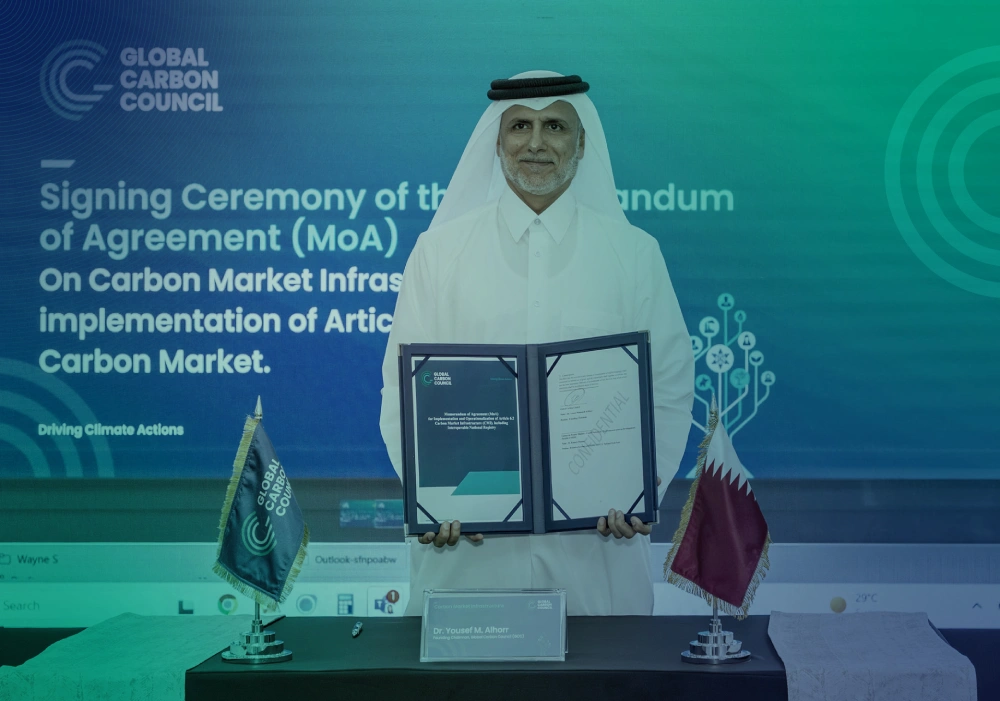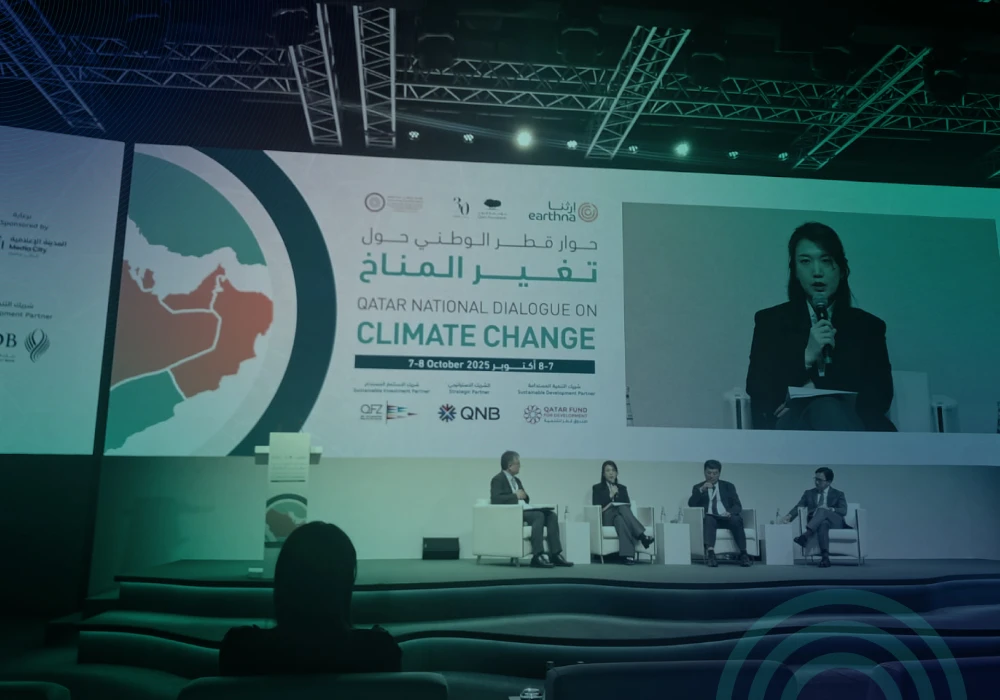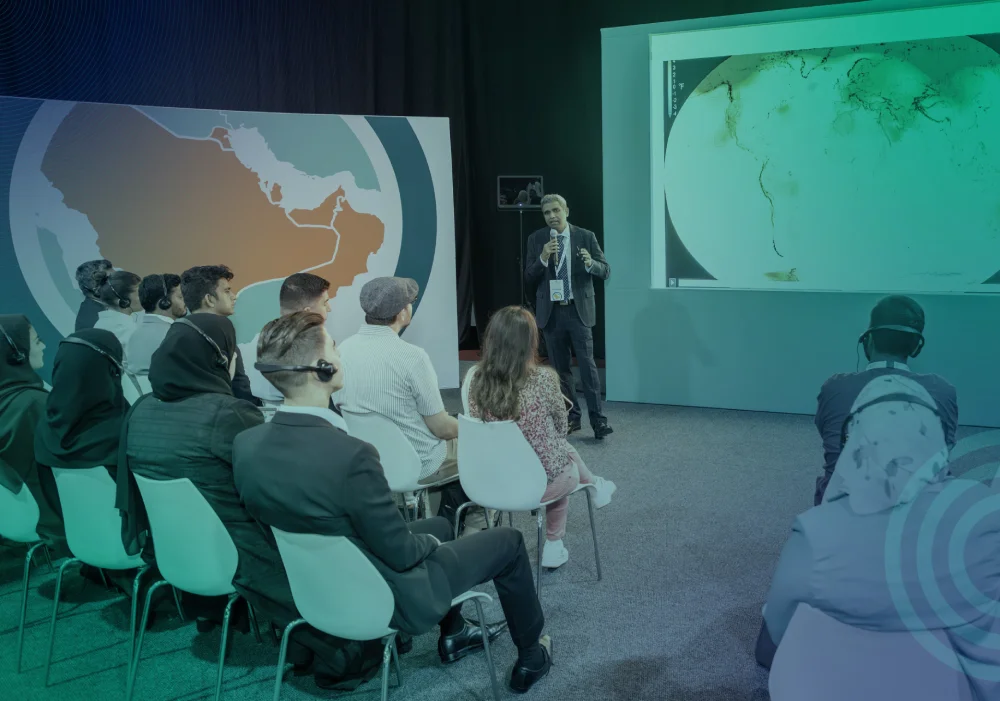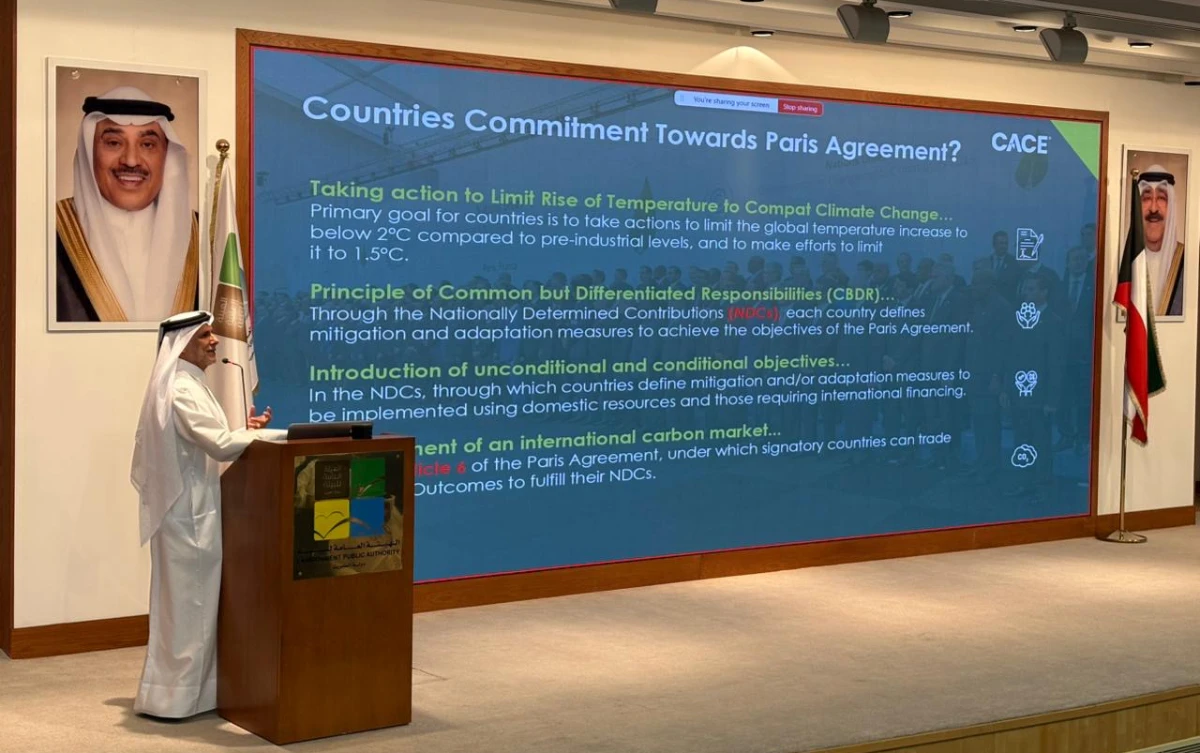
The Global Carbon Council (GCC) reinforced its important role in advancing climate cooperation mechanisms under the Paris Agreement at the Regional Dialogue to Accelerate the Readiness of West Asian Countries for the Mechanisms of Article 6. Held at the Environmental Public Authority headquarters in Kuwait City, the two-day event was organized by the UN Environment Programme (UNEP) West Asia Office and the Environmental Public Authority of Kuwait.
Dr. Yousef Alhorr, Founding Chairman of the Global Carbon Council, participated as a key speaker in a session titled “Demonstrating Article 6 in Practice – The Global Carbon Council Experience”, where he shared insights into GCC’s pioneering work in operationalizing Article 6 principles. His presentation showcased how GCC’s framework translates global best practices into practical, regionally relevant approaches that strengthen institutional readiness and promote high-integrity carbon markets across the Arab region and beyond.
Dr. Alhorr outlined GCC’s contribution to the global carbon market landscape through robust governance systems, digital infrastructure, and alignment with international standards. He highlighted how GCC’s mechanisms support the generation of credible mitigation outcomes, enhance private sector participation, and accelerate countries’ access to international carbon finance, thereby contributing directly to the implementation of Nationally Determined Contributions (NDCs).
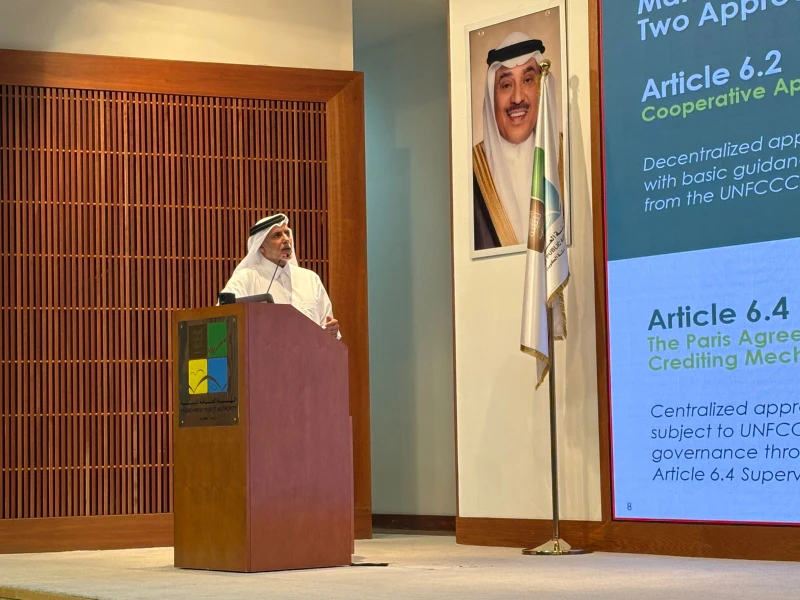
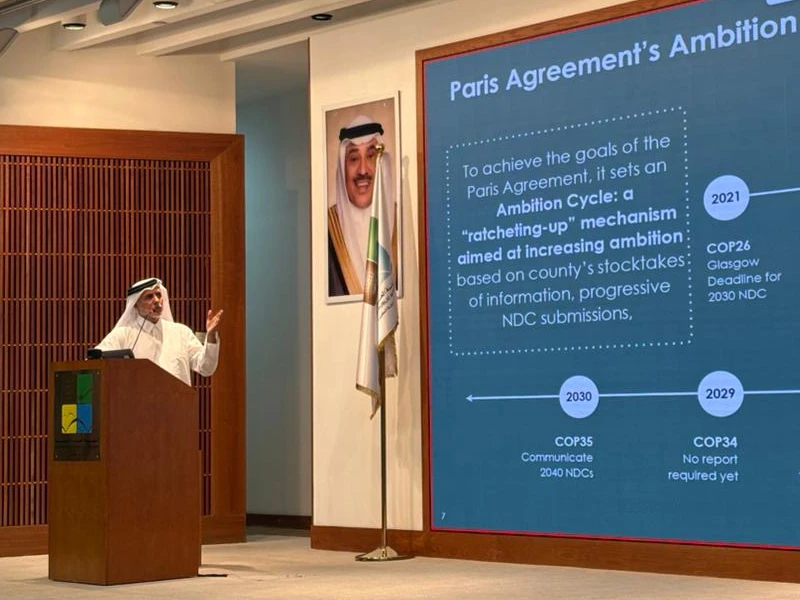
The two-day Regional Dialogue brought together government officials, technical experts, and international organizations to strengthen regional cooperation under Article 6 of the Paris Agreement. The event aimed to support countries in developing readiness frameworks, registry systems, and legal and institutional structures essential for effective participation in both market-based (Articles 6.2 and 6.4) and non-market (Article 6.8) mechanisms.


